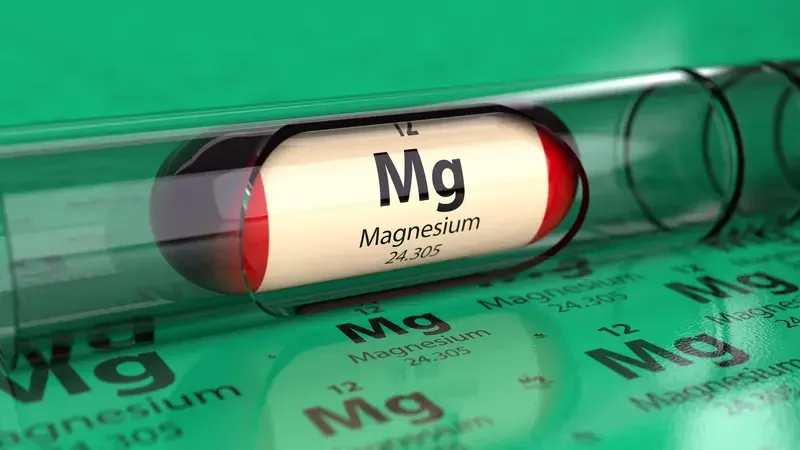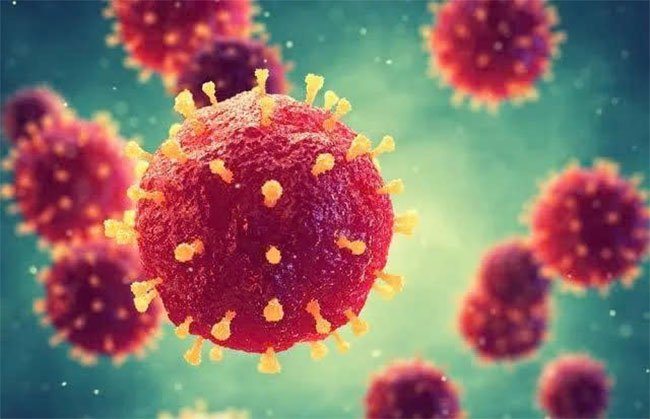Magnesium plays a far greater role in the body than simply relaxing muscles—it’s an essential mineral that supports overall health by influencing the gut microbiome and strengthening the body’s natural defenses against diseases like cancer. Researchers have found that magnesium helps regulate the gut’s ecosystem of bacteria and microorganisms, which are crucial for immune balance and protection. Certain beneficial microbes can detect and remove precancerous cells, reduce inflammation, and enhance immune surveillance, and magnesium creates the right environment for these protective bacteria to thrive.
In scientific studies, magnesium supplementation has been shown to increase populations of health-promoting gut bacteria and improve their activity. These microbes, in turn, produce bioactive compounds that suppress tumor development and activate immune responses against abnormal cells. This means magnesium not only supports physical relaxation but also helps coordinate a microscopic defense network that works continuously to protect the body.
Beyond its cancer-preventive potential, magnesium contributes to heart health, nerve communication, and energy metabolism. It’s a cofactor in more than 300 enzymatic processes that regulate muscle contraction, energy production, and stress response. Adequate magnesium intake can also promote better sleep quality, reduce anxiety, and enhance post-exercise recovery.
Including magnesium-rich foods such as leafy greens, nuts, seeds, and whole grains in your daily diet—or taking supplements when needed—can optimize these benefits. When combined with balanced nutrition, hydration, and regular physical activity, magnesium supports both gut and muscle health while reinforcing long-term immunity. This growing body of research reveals how deeply nutrition and microbiology are connected, proving that even small minerals can deliver powerful effects for strength, resilience, and disease prevention.







































